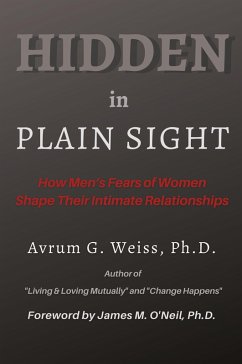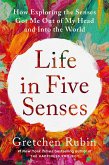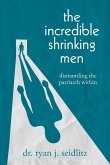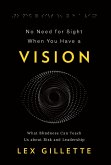Pussy-whipped. Why is it that the worst thing one man can say about another is that he is controlled by a woman, or more precisely, by his need for a woman? The surprising answer that is hidden in plain sight is that most straight men are scared of their intimate partners. It's pretty clear that women are afraid of men, and with good reason. Men hold positions of privilege and power in most personal and professional settings. The idea that men are also afraid of women is a radical one, and to some, even offensive. Men's fears of women are less visible--more hidden--from women, from other men, and from themselves. Men have done such a good job of hiding their fears and vulnerabilities that even their mothers and lovers don't know how scared they are. Men's fears of women include: the fear of being dominated and controlled by women; fear of being entrapped by women; fear of being responsible for women; fear of being inadequate; fear of being abandoned; and fear of being feminized. Men's fears of women are one of the primary causes of many emotional problems for men and of their difficulties in intimate heterosexual relationships. Take the example of a husband and wife having an argument. The wife is hurt and angry. Her husband can clearly see that she's upset, which makes him surprisingly uncomfortable. While he would like to feel empathic, there is something about her strong feelings that is distressing to him and gets in the way. Because he is uncomfortable with his own strong feelings, the husband begins to withdraw emotionally and detach to protect himself. For reasons he doesn't fully understand, it becomes increasingly important to him to remain rational and unemotional, and he is increasingly critical of, and irritated with, his wife for being "too emotional." The wife can feel her husband withdrawing, and the more he withdraws, the stronger her feelings become and the more urgently she pursues him, trying to find a way to make some kind of emotional connection with him. Now they are locked in a mutually destructive cycle; the more she pushes for the emotional connection that she yearns for, the more he detaches. The more he tries to control his own fear by detaching, the more upset she gets. Dr. Avrum Weiss' Hidden in Plain Sight: How Men's Fears of Women Shape Their Intimate Relationships is a psychological non-fiction book about relationships and the hidden internal world of men. The book presents many scenarios with prescriptive content and guidance woven throughout. It is written for a popular audience in intelligent yet accessible, relatable language. Male readers will recognize that this is a male-positive book, written by a man about the male perspective on relationships in a way that will not make them feel inadequate or shamed. At the same time, the book's topic will interest women who often feel in the dark about men's internal experience, and who will be intrigued by the opportunity to have a peek into the secret lives of men, to learn more about the counter-intuitive idea that men are as scared of them as they are of men.
Hinweis: Dieser Artikel kann nur an eine deutsche Lieferadresse ausgeliefert werden.
Hinweis: Dieser Artikel kann nur an eine deutsche Lieferadresse ausgeliefert werden.








